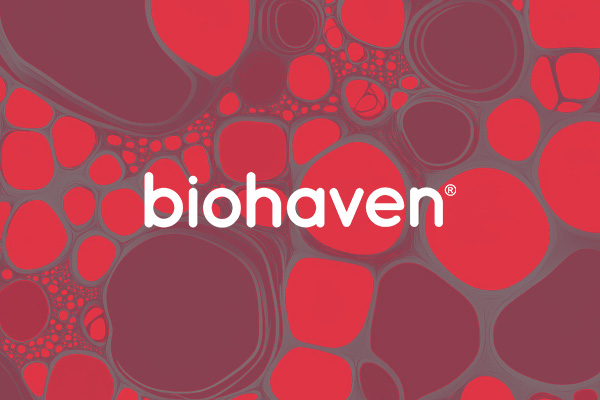Upskill your team with in-depth, hands-on training modules.
Discover, learn, apply
Welcome to the Certara Resources hub—a trove for the scientifically curious and the bold. Whether you’re untangling complex pharmacokinetics or strategizing a regulatory submission, our curated resources empower you to find a new way forward faster with model-informed drug development, regulatory rigor, and data harmony.

Upcoming webinar
Explore learning resources by solution
Featured case studies
View allMeet our experts at the following events

ISSX 2025 International Meeting
Arena Clinical Data Management
Certainty Korea 2025
Training and support in drug development
Explore learning resources by popular types
Explore the full library
Why sign up? Because transforming drug development is not just our goal—it’s our obsession. If it’s yours too, then be the first to know of new insights and join us in pushing the boundaries of science.








